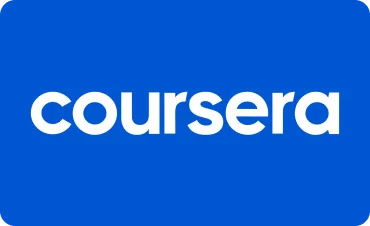When you enroll through our links, we may earn a small commission—at no extra cost to you. This helps keep our platform free and inspires us to add more value.

Science Literacy
Master the Skills of Tomorrow with Coursera! From AI and Blockchain to Public Speaking and Psychology, Explore Courses Tailored for Your Success.

This Course Includes
 coursera
coursera 4.3 (259 reviews )
4.3 (259 reviews ) 22 hours
22 hours  english
english Online - Self Paced
Online - Self Paced course
course University of Alberta
University of Alberta
About Science Literacy
Fake news or good science? In a world where we have access to unlimited information, it is hard to sift through the echo chamber of opinions fueled by emotions and personal biases, rather than scientific evidence. Science Literacy will teach you about the process of science, how to think critically, how to differentiate science from pseudoscience, how indigenous wisdom can inform science, how to understand and design a scientific study, and how to critically evaluate scientific communication in the media. Every module will build your new skill-base with real life examples, and at the end of each module you will have to apply these skills to scientific questions, talking points and controversies in the world. Warning: this course requires an open mind and the ability to self-reflect.
In Science Literacy, you’ll hear from special guests: Timothy Caulfield, Canada Research Chair in Health Law and Policy and star of Netflix’s “A User's Guide to Cheating Death” on pseudoscience Dr. Torah Kachur, Scientist and CBC journalist on science communication (and miscommunication!) Christian Nelson, Citizen Scientist and creator of Edmonton Weather Nerdery, on experimental design Metis Elder Elmer Ghostkeeper and Cree Elder Kokum Rose Wabasca, on the holistic nature of Indigenous wisdom and how it can work with the scientific process Associate Professor in Psychology, Dr. David Rast on uncertainty and decision making
What You Will Learn?
- Learn how to think critically and understand the scientific method Learn how to form well balanced and logical scientific arguments, read and design scientific research papers Learn how to differentiate and discriminate science from pseudoscience, fake science and bad science Become scientifically literate, and be able to critically evaluate information in the mainstream and social media, as well as every day life.